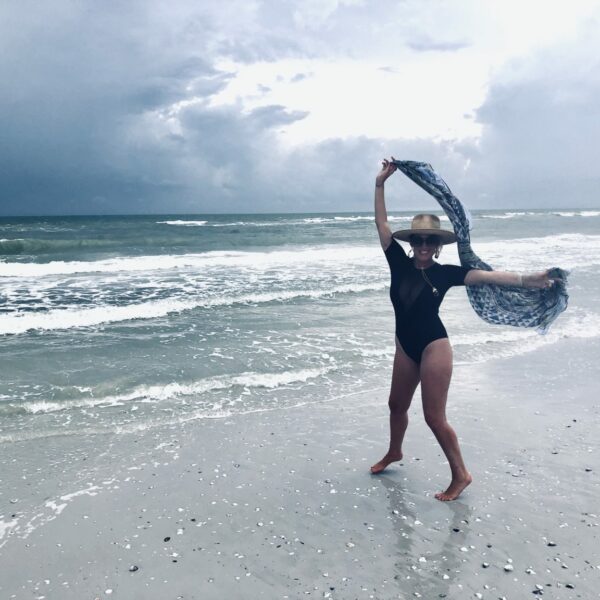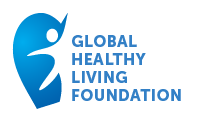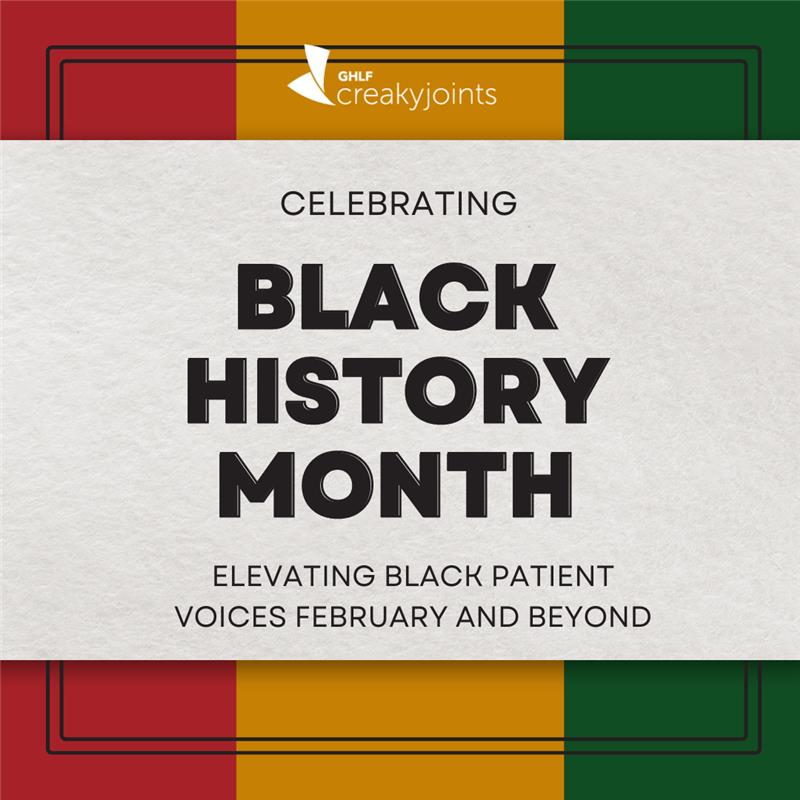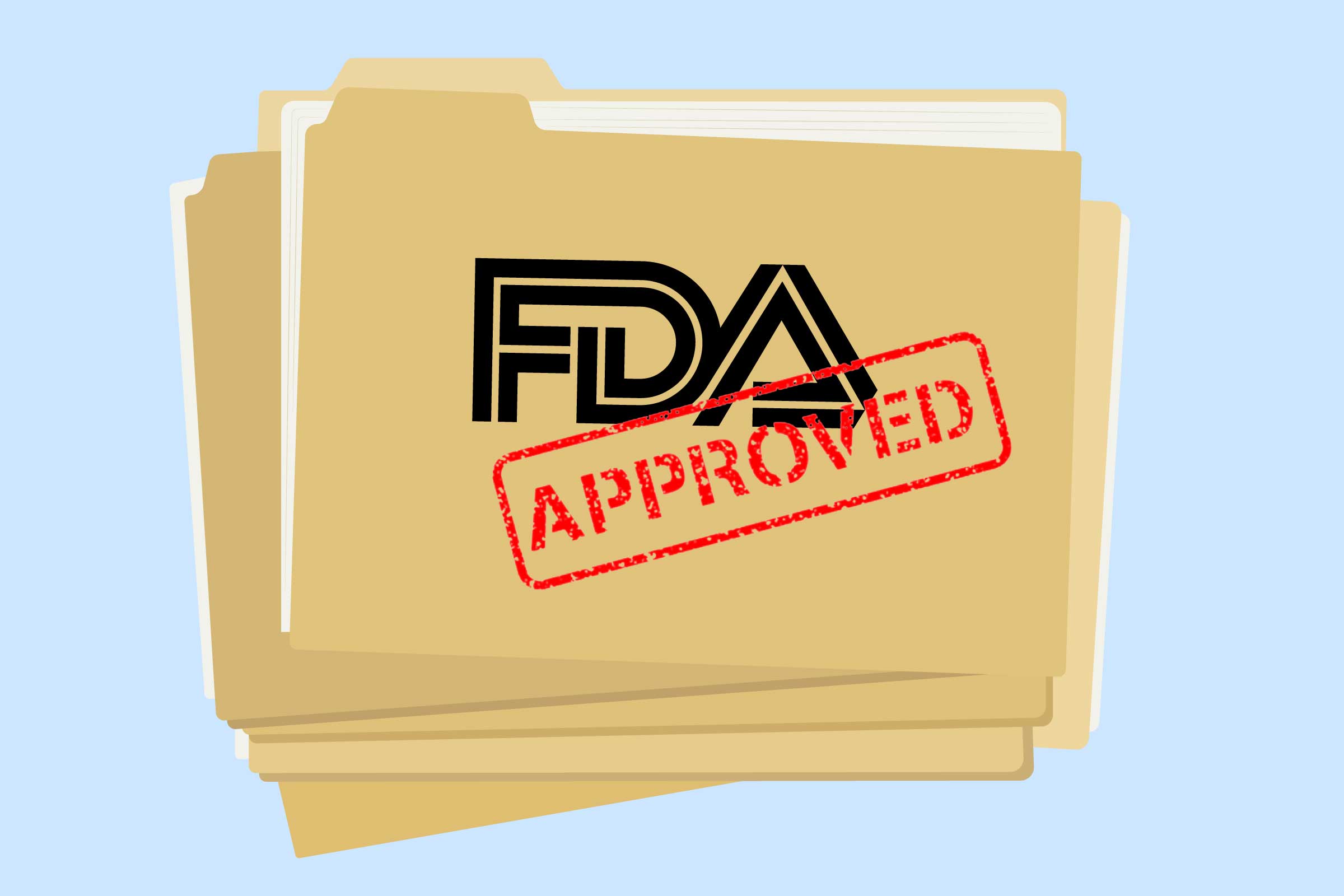UPPER NYACK, N.Y.--(BUSINESS WIRE) — ArthritisPower, leading arthritis patient registry, expands to PatientSpot, an omni-disease app as Class 1 FDA Medical Device.
CHEMO SIDE EFFECTS, RADIATION, AND COVID ON THE RISE: MY 2020 BREAST CANCER BATTLE CONTINUES
CHEMO SIDE EFFECTS, RADIATION, AND COVID ON THE RISE: MY 2020 BREAST CANCER BATTLE CONTINUES
August 25, 2020
Marisa Sullivan

Learn more about our FREE COVID-19 Patient Support Program for chronic illness patients and their loved ones.
I beat triple-negative breast cancer in May at 40 years old.
I had a complete response to my chemotherapy treatment, the words spilling from my surgeon’s lips like a sweet serenade. Cancer-free.
For the five straight months that I received chemo for the tumor that remained inside my breast, that was purely my only focus: beating cancer. (Per treatment recommendations for my kind of cancer, I was to first receive chemotherapy to shrink the tumor and then have a lumpectomy surgery to remove what remained.)
Five months of poison? Sign me up! Monthly injections of hormone medication in the butt? No problem! I was willing to do anything and everything to stay a living, breathing being on this Earth.
With triple-negative cancer, chemo is medically your only option (as opposed to other kinds of medications that can act on hormone-sensitive cancers or cancers with other genetic mutations). In addition to chemo, the hormone drugs are given to protect your ovaries and also serve as a backup in case the cancer winds up being more than one sub-type or they discover another tumor.
Compared to other patients, I somewhat sailed through my treatment, at least physically. I’m not sure if the emotional part ever fully heals.
But after a cross-country, post-lumpectomy drive from Los Angeles to Florida to spend time with family and celebrate with many socially distant beach days — not to mention some soul-cleansing powerful thunderstorms — it was a start.
But now the “fun part” is over. At least temporarily.
Facing the Lingering Side Effects of Chemo
Yes, I know I’m immensely lucky, and I’m beyond grateful for how things have turned out so far, but once you start getting your groove back and start noticing the ways your body is different, it’s a little disconcerting. I wasn’t thinking of the aftermath when I was going through chemo treatment. My mindset was one thing at a time. And I had had my eye on only one prize: survival.
Granted, it’s only been a few months off chemo and two months off the hormone drug, but will I ever be fully back? Even if these side effects improve, what else might pop up down the road?
Joint Pain
The first thing I noticed was the joint pain. It’s not treacherous, but it’s significant.
I felt pretty good for the first month off of chemo, so part of me wonders if it’s mainly from the Lupron shot that I was given to suppress my hormones. Joint pain seems pretty common from both the chemo and hormone drugs from what my doctors tell me. They’re just not sure when and if it will go away.
It takes me a bit longer these days to get out of bed, in and out of a car, or to bend down to pick something up.
My body feels like it’s aged at least 10 to 15 years (or maybe more, considering my 73-year-old mother seems to move more swiftly than I do these days). It takes me a few seconds to open my hands in the morning after my fingers have been curled all night in my sleep. They feel stuck in that position, which is a little scary.
I wanted to start working out right away but obviously knew I needed to ease back into it. I started doing very low-impact barre workouts at about 75 percent of my usual effort and that was too much for my joints. A few slow squats and lunges hurt my knees.
Walking 10,000 steps a day? Forget it. My body would be too sore the next day. I tried to tell myself that 5,000 steps per day was sufficient for now and I could work back up to it. Plus, my ankles were starting to feel that they couldn’t support my weight as easily — and I have an average-sized 5’4” frame.
Lack of Energy
When I get up first thing in the morning, I have to waddle very slowly to get my body used to the motion of walking. Before cancer, I had the energy and agility of a teenager, so it has even been more noticeable for me.
Weight Gain
I did experience a little weight gain, which I can’t complain about because I look strong and healthy. My left boob is ginormous after surgery from the scar tissue filling in around the lumpectomy site — that’s surely a couple pounds right there, I keep telling myself — but I have to be thankful that I still have my breasts. I didn’t gain or lose one pound throughout my entire cancer journey, until now. Again, it was right when I went off of the hormone drug.
I had been pregnant before and had an early miscarriage, so I remembered my body operating the same way then when it adjusted to the sudden shift in hormones. A little more weight on the stomach. Not being able to lose a pound no matter what I did. My body also seems to be holding on to a lot of water weight, but then again, I’m in a new climate in 95-degree humidity every day opposed to mild dry heat in L.A. where I’ve lived the past 20 years.
Menstrual Cycle Changes
And this is a little embarrassing, but there are also some changes downstairs if you know what I mean. I haven’t had a period since November. My body is regulating and lubricating as the estrogen flows back into my system. I went and saw a new gynecologist (who my mother sees — is that creepy?) and she says these changes I’m experiencing are from the hormone drugs and told me, “if your period doesn’t come back within the next six months, we’ll test your fertility.”
I was warned that I may no longer have that fertility after the intense treatment I’ve been on, which is why I froze my eggs quickly before chemo, yet only produced five. Better than nothing, but I was told by my doctor that there’s only a 5 percent chance that each one will “take.”
So now it’s just a waiting game. If Aunt Flow comes to visit in Florida then I know I’m good. If not, well I can just hope that one of those frozen eggs I’m paying rent for in Beverly Hills holds my miracle baby.
If I am told that getting pregnant will not happen for me, I’ll be devastated. But I’m also quite a mover, shaker and avid world traveler, so under normal times that would have been the trade-off. Only there’s currently not a whole lot of travel and U.S. citizens are not even allowed in Europe. So there’s that. We have a while to go before we know the fate of this world and our country.
And after two months off to heal from surgery and celebrate life a little despite the craziness going in our country, my last phase of treatment has just begun: radiation.
Down the Road of Radiation
I thought my cancer-and-COVID worries would go away after my surgery and being deemed cancer-free, but six weeks of daily radiation — in Florida, where the coronavirus is rampant — does not make me feel super comfortable. I’m thankful for the health care staff taking temperatures in the lobby but there are 200 cancer patients passing through for their daily treatment, most of them old and many likely residing in nursing homes, quite risky territory right now.
The start of quarantine in March, when I was a little more than halfway through my chemotherapy, was scary enough and I didn’t even know anyone yet who had contracted the virus. Now, I know more than a dozen close friends who have battled coronavirus. One of whom sadly passed it on unknowingly to her boyfriend, who then passed it on to several family members and his father lost his life. Every time I go on social media it seems another friend has lost a parent or grandparent or dear family friend.
Although my immunity is up from when I finished chemotherapy, what sort of impact will radiation have on my body? Will I be in bad shape if I were to contract coronavirus while going through radiation?
Maintaining Perspective
I want my body to feel like it did before cancer. I want to go back to how things were before the coronavirus pandemic. But it doesn’t look like either will happen very soon.
Despite these lingering symptoms I’m discovering, I’m back to just being thankful for my survival each day.
I may have beaten cancer — at least for now — but there is still a daily lethal threat out there for me and millions of other immunocompromised people. At this point, I have to say that coronavirus scares me a lot more than cancer.
Get Free Coronavirus Support for Chronic Illness Patients
Join the Global Healthy Living Foundation’s free COVID-19 Support Program for chronic illness patients and their families. We will be providing updated information, community support, and other resources tailored specifically to your health and safety. Join now.
SUBSCRIBE TO GHLF
RELATED POST AND PAGES
_
Was this article helpful?
YesNo


